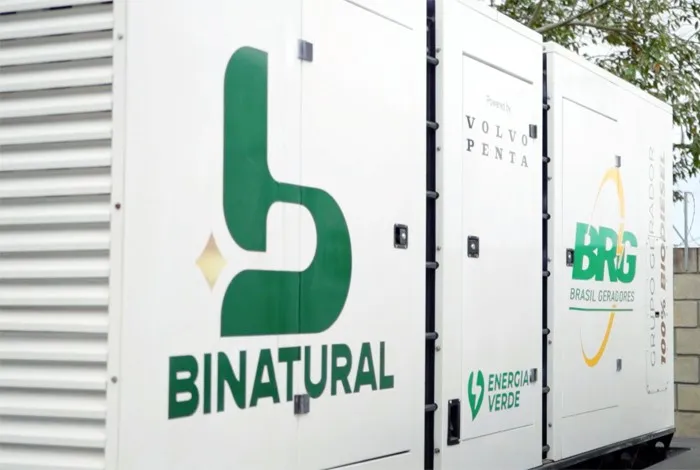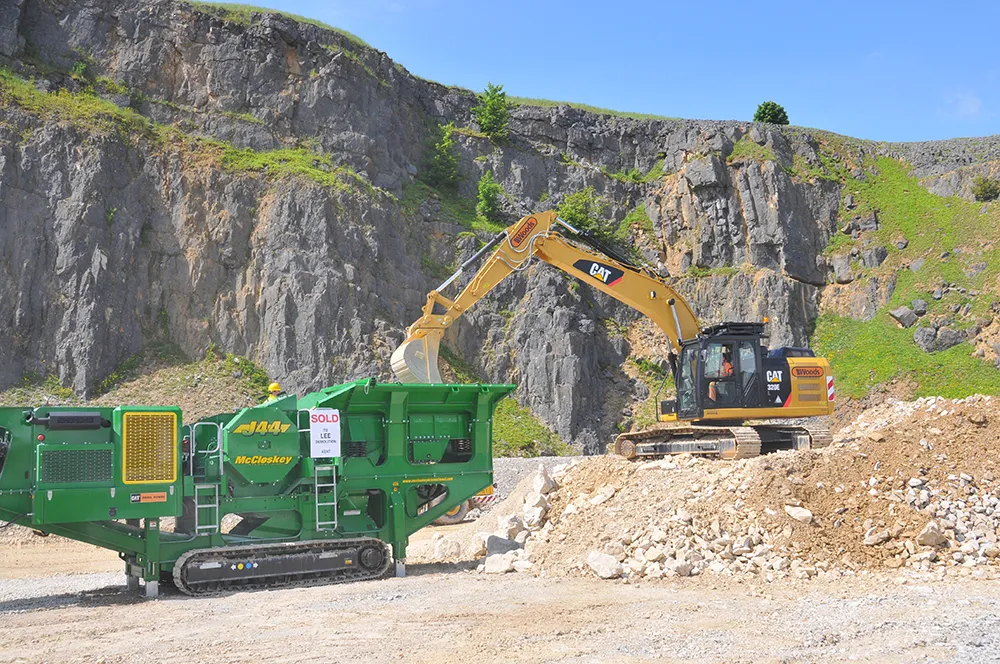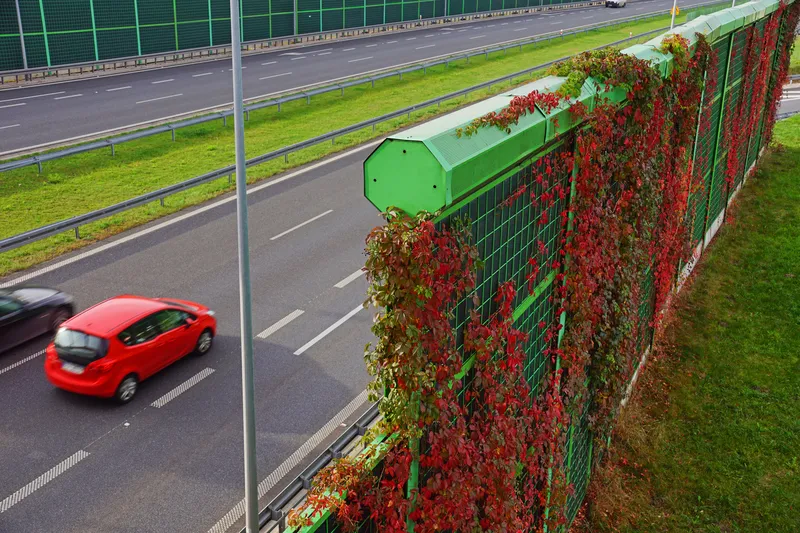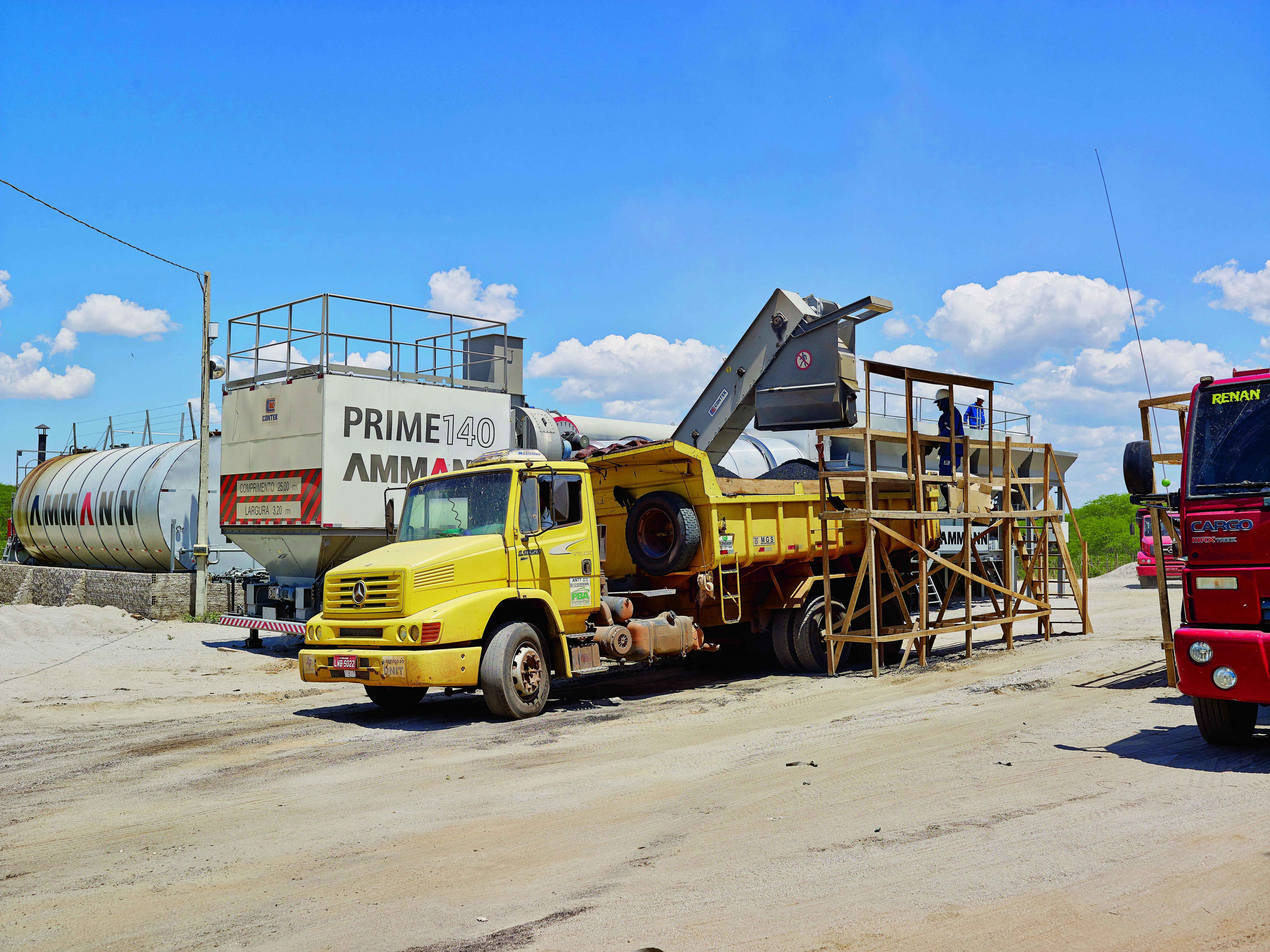
In Brazil, Volvo Penta is working with BRG Brasil Geradores and Binatural in a trial to produce biodiesel in a sustainable fashion for local consumption.
BRG Brasil Geradores, which has worked with Volvo Penta for over 20 years, has been developing solutions that maintain a customer’s access to electricity at times of peak consumption or supply disruption.
Meanwhile, Binatural, founded in 2006 and based in the town of Simões Filho, is an electric utility company that specialises in biodiesel production. The company’s biodiesel facility has been operating with three Volvo Penta-powered BRG gensets. This local trial-adoption of biodiesel blends is aimed at optimising costs and channeling excess energy back to the local community, while gathering knowledge of how the genset segment can bridge energy gaps sustainably.
Binatural’s three BRG Slim 625kVA gensets powered by Volvo Penta's TAD-1641GE engines have undergone rigorous testing. “A production plant on the scale of Binatural’s must not come to an unplanned stop at any time, which means the equipment must be extremely reliable,” explained Silvio de Oliveira, chief executive of Geradores.
“The engines were trial tested for 2,000 hours of continuous operation, blending in the biodiesel manufactured onsite by Binatural and under our supervision, automation and control technologies,” said Oliveira.
“The constant search for renewable energy sources and changing Brazil’s energy matrix are very important,” said André Lavor, chief executive of Binatural. “Moving our industry with the product we manufacture reinforces our engagement with the planet.”
Binatural's manufacturing prowess yields an annual capacity of 600 million litres of biodiesel, contributing significantly to Brazil's total production capacity of 6.7 billion litres. In Simões Filho, advanced and efficient production processes ensure an impressive 97.5% use rate of raw materials.
The plant’s certifications include the International Sustainability and Carbon Certification (ISCC) and the Social Biofuel seal. “Our biodiesel carries the social biofuel seal, ensuring that part of the raw material we use comes from family farming,” said Lavor. “This supports job and income generation for thousands of rural producers.”
“We want to use all the experience we gained from these trials to develop new projects with the aim of reducing emissions,” said Felipe Lopes, industrial sales director of Volvo Penta Brazil. “Renewable sources of energy are an important component in our road to net-zero.”









